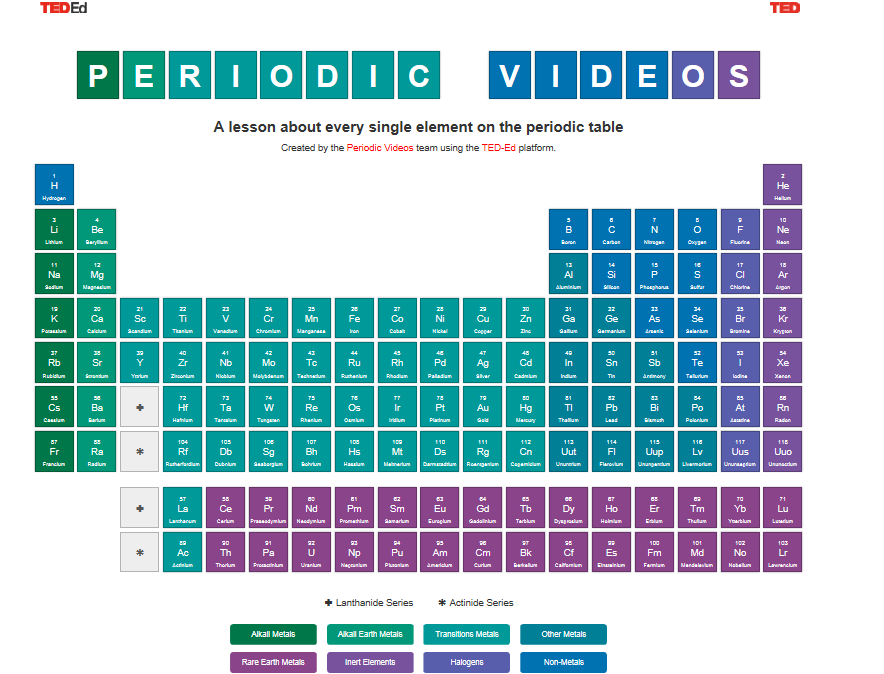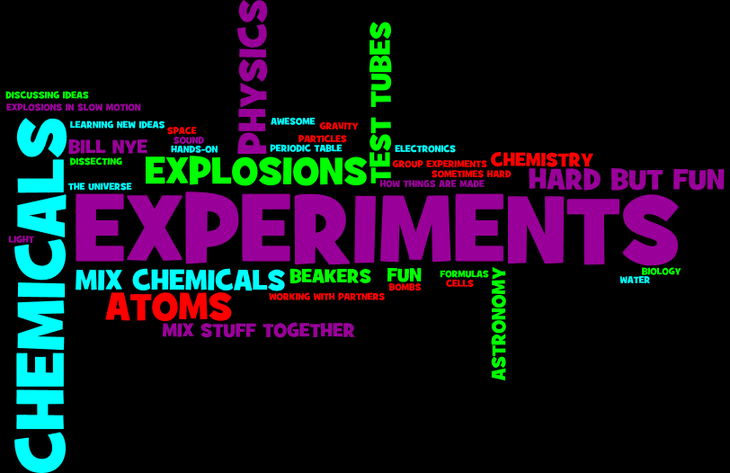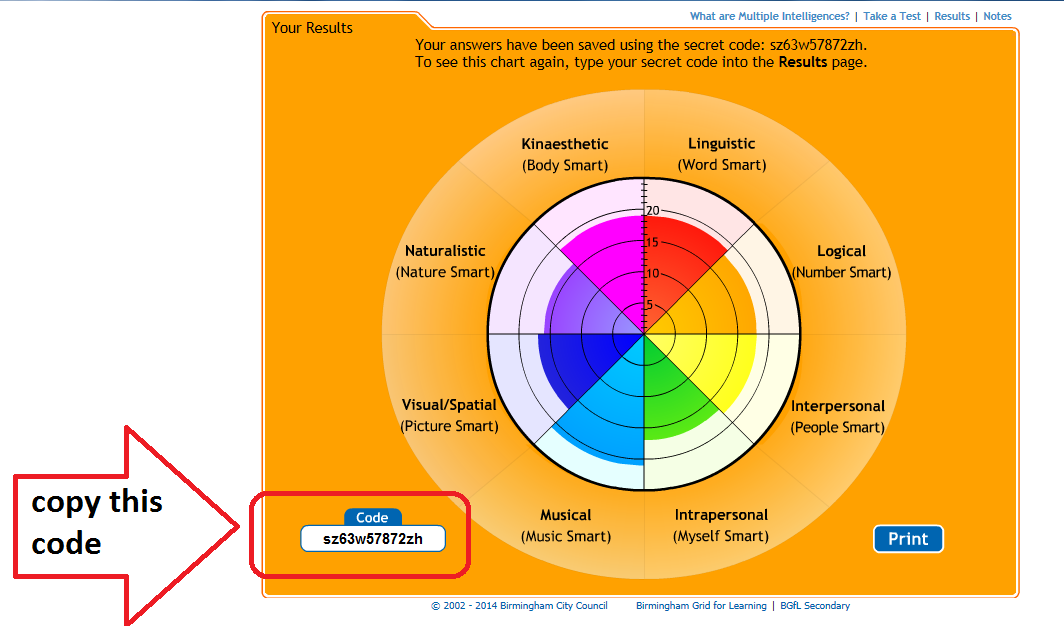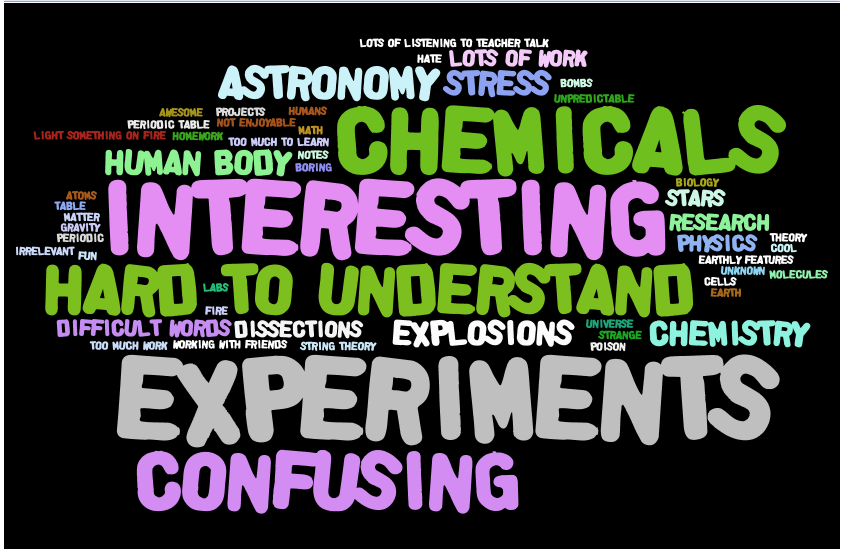http://www.physicsclassroom.com/class/estatics/Lesson-2/Charging-by-Friction
http://www.physicsclassroom.com/class/estatics/Lesson-2/Charging-by-Conduction
http://www.physicsclassroom.com/class/estatics/Lesson-2/Charging-by-Induction
Each section has a "test your understanding" quiz at the end - see how well you've paid attention!
*pay special attention and watch for the terms electron affinity and conservation of charge.
-Mrs. Urichuk





 RSS Feed
RSS Feed
